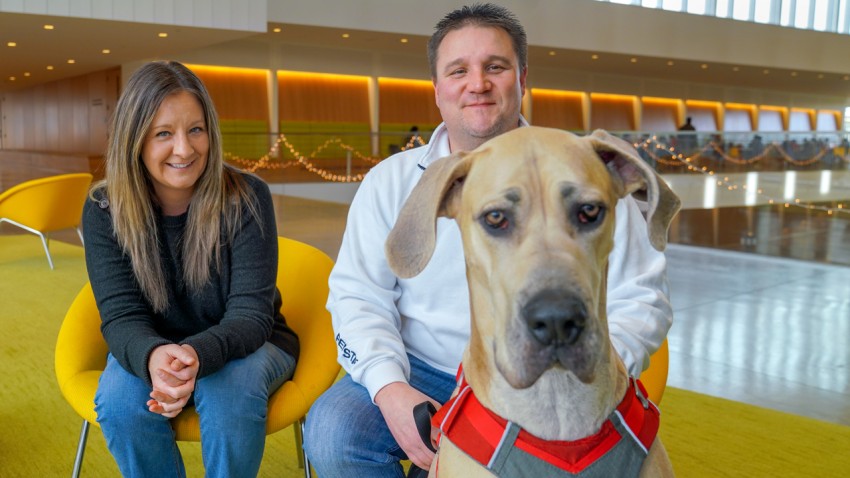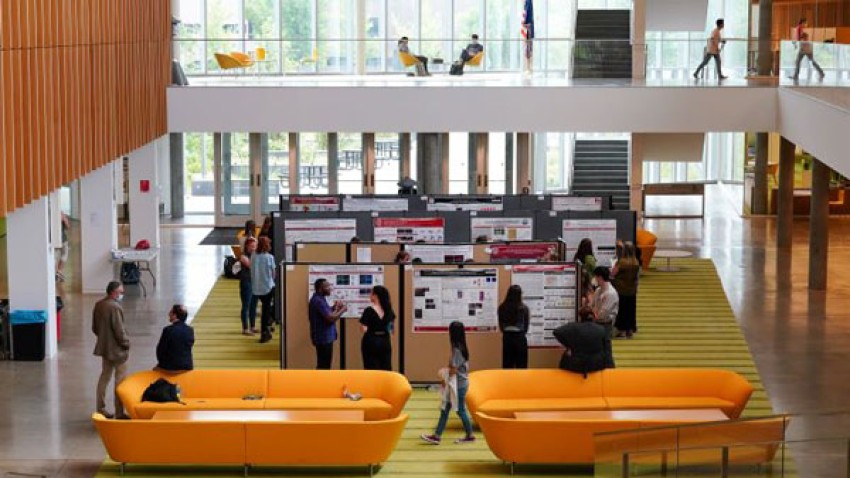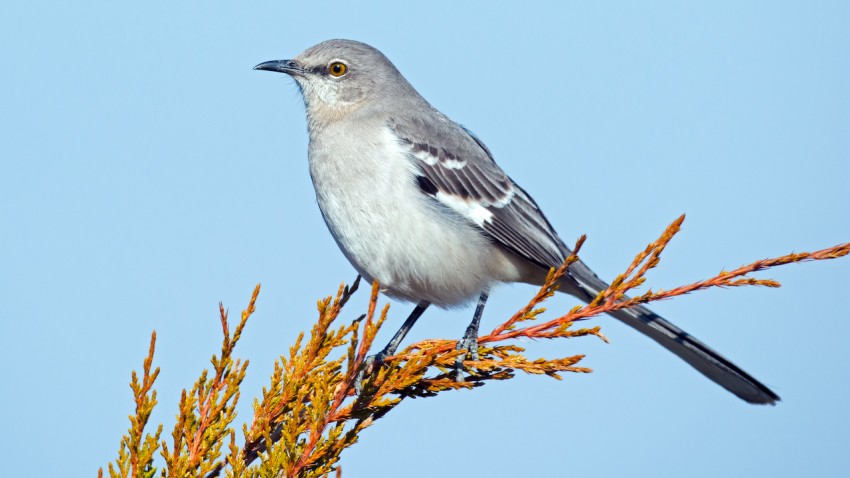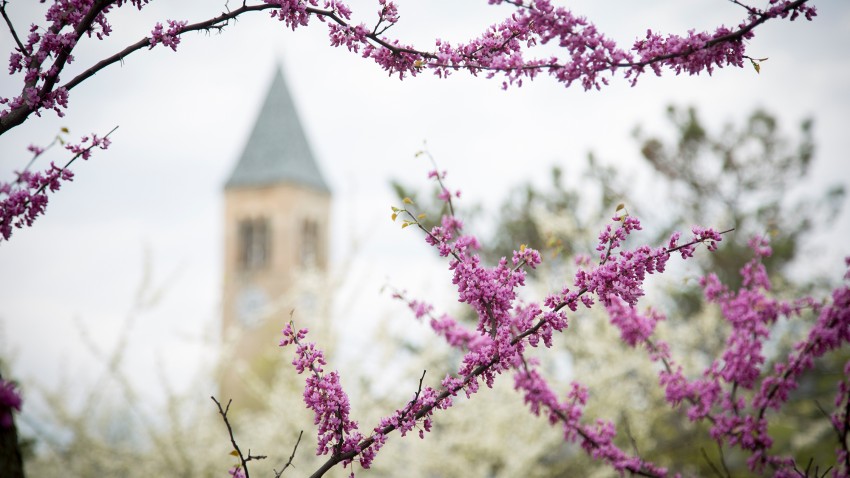News
Students from Cornell and other universities are invited to enroll now for Cornell’s Summer Session, which will feature on-campus, online and off-campus courses. Students can earn up to 15 credits taking regular Cornell courses.
As they seek new foods because climate change has altered their traditional diet of salmon carcasses, bald eagles in northwestern Washington state have become a boon to dairy farmers, deterring pests and removing animal carcasses from their farms, a new study finds.
Nittany, a Great Dane puppy, had ventricular arrhythmia, an often deadly heart condition. She found a cure at Cornell, one of the few places in the country with the expertise to treat it.
Cornell is home to the newly-expanded Cornell Reproductive Sciences Center (CoRe), one of the eight multidisciplinary research centers in the nation focused on reproductive biology.
Chemical biologist Laura L. Kiessling of MIT will detail how carbohydrates function to help the body fight cancers and pathogens.
Citizen science has enabled much of the progress in understanding the scope of bird deaths from building and window collisions, according to a new study.
A novel compound, developed by College of Veterinary Medicine researchers, that has the potential to starve the bacteria that causes tuberculosis – the world’s second-leading infectious killer – is entering human clinical trials.
Using Cornell Lab of Ornithology data, a new study finds that birds that have evolved to be more social are less likely to kick other birds off a bird feeder or a perch.
A simple model that simultaneously simulates swarming behaviors and synchronized timing takes a step towards engineering microrobots and furthering our understanding of such phenomenon in biology.
Researchers studying statistics applications in systems biology and next-generation wireless technology are among the eight Cornell faculty members who’ve received National Science Foundation Faculty Early Career Development Awards.










